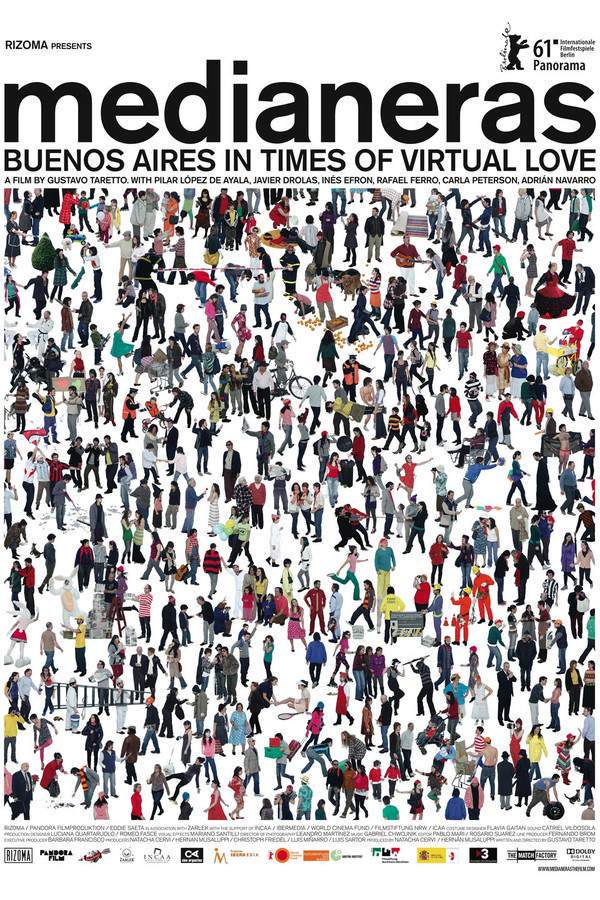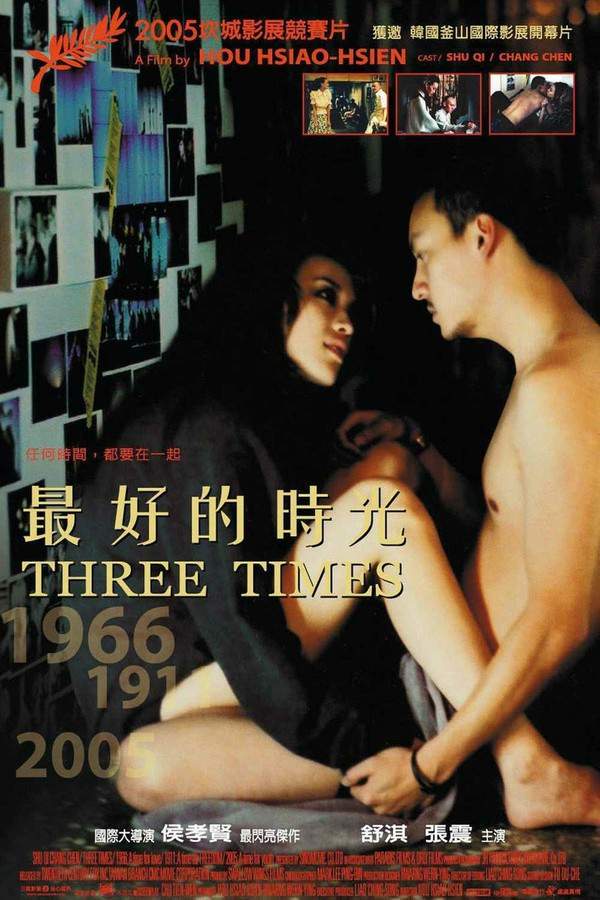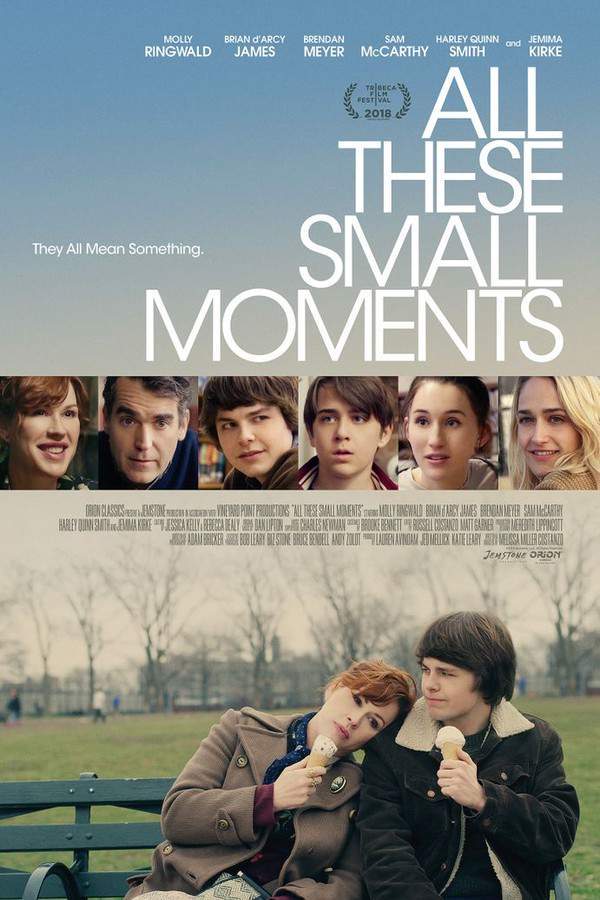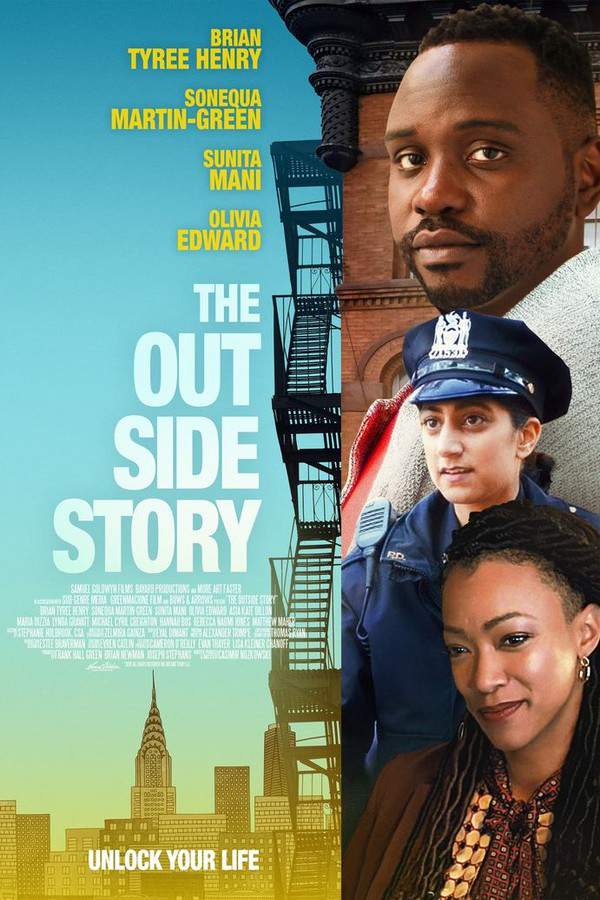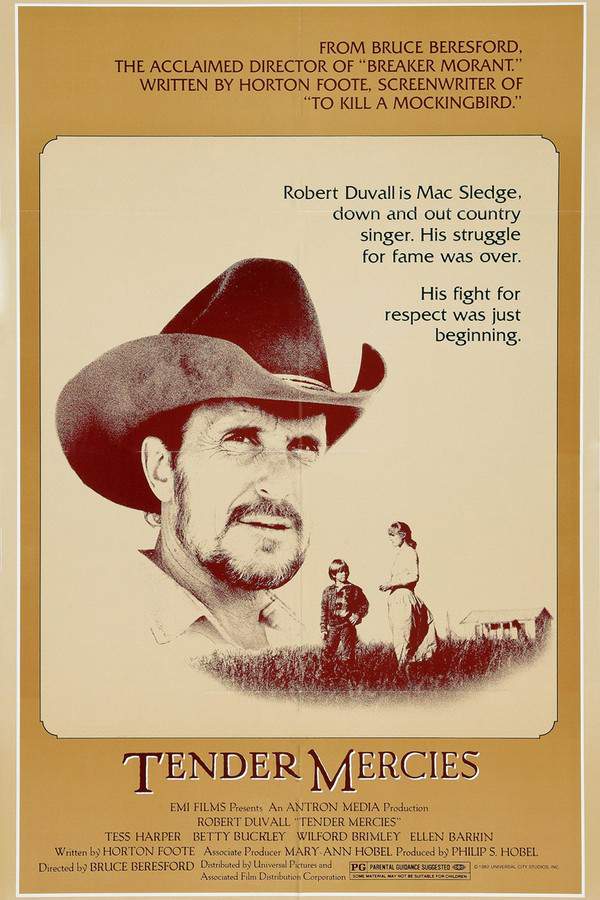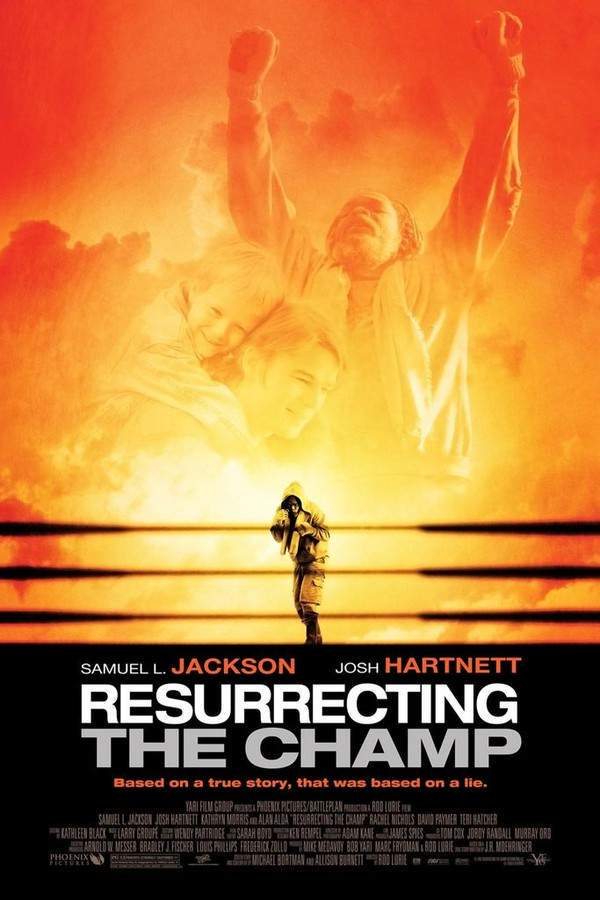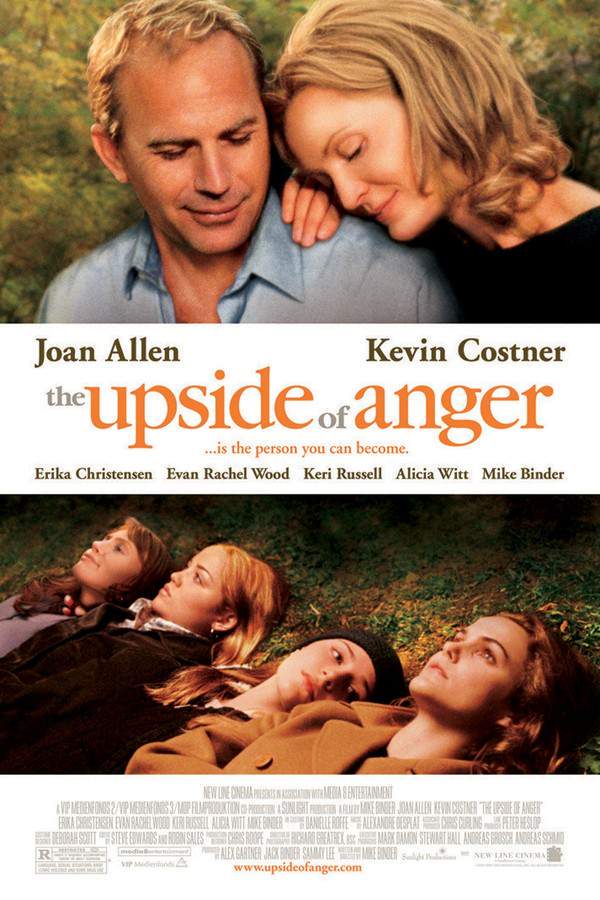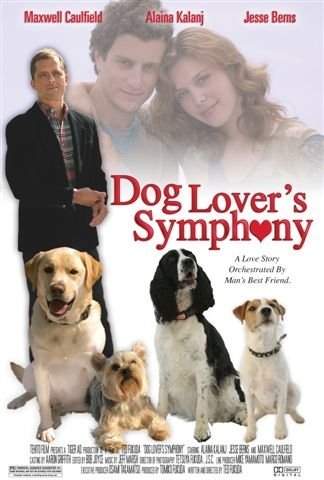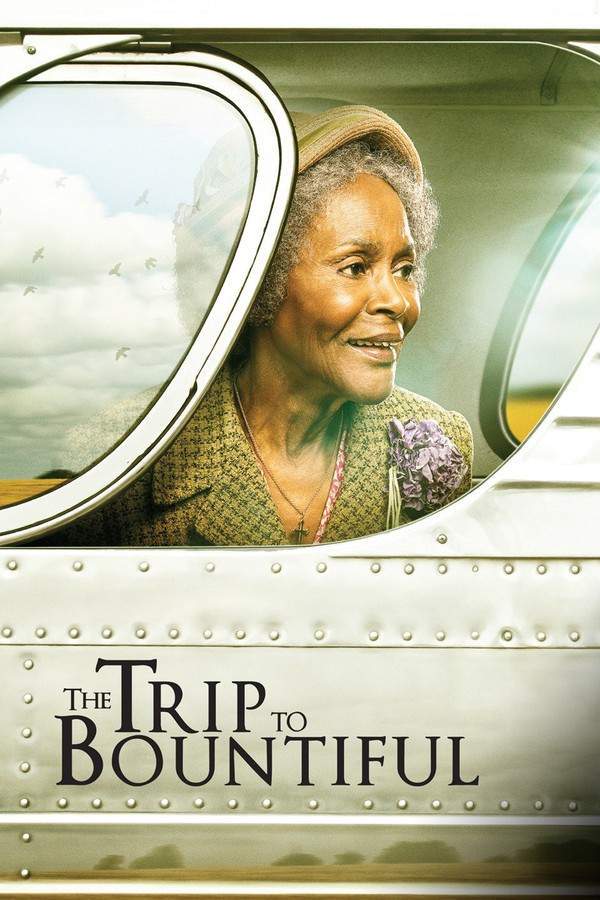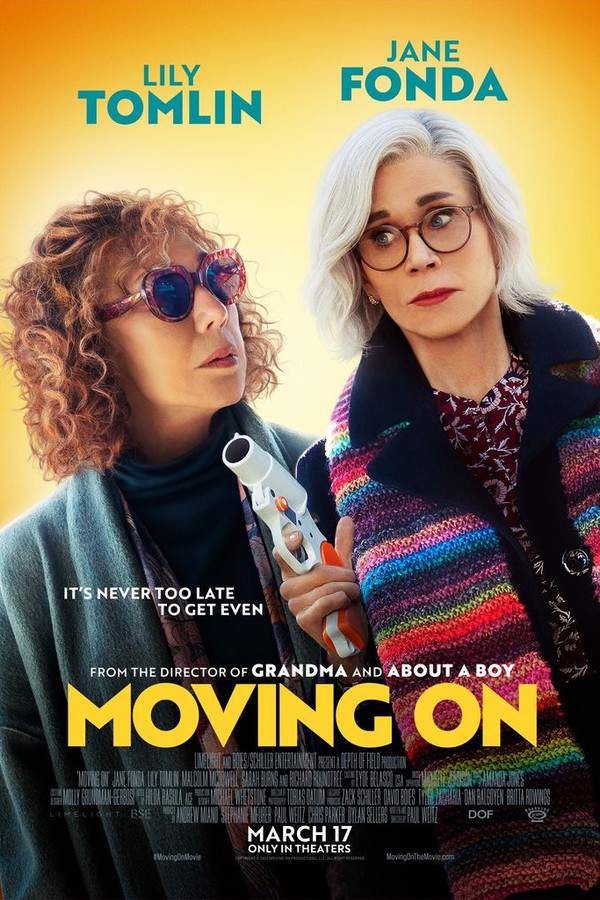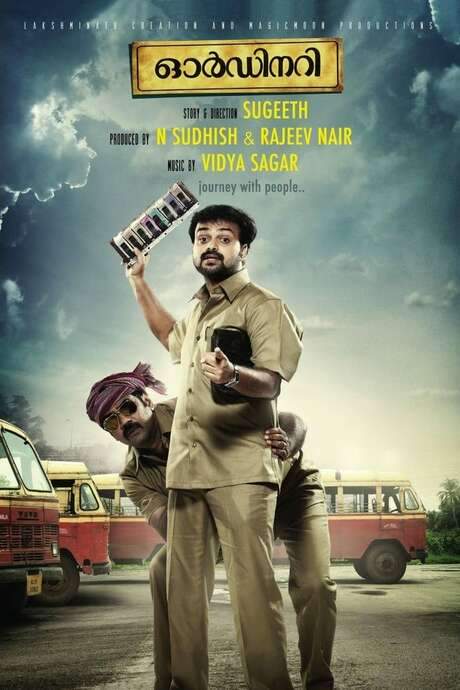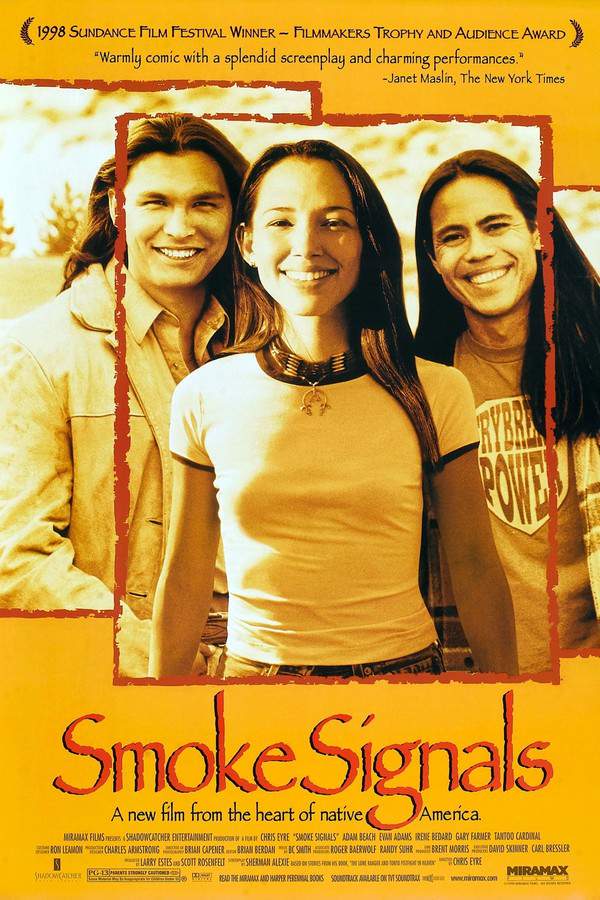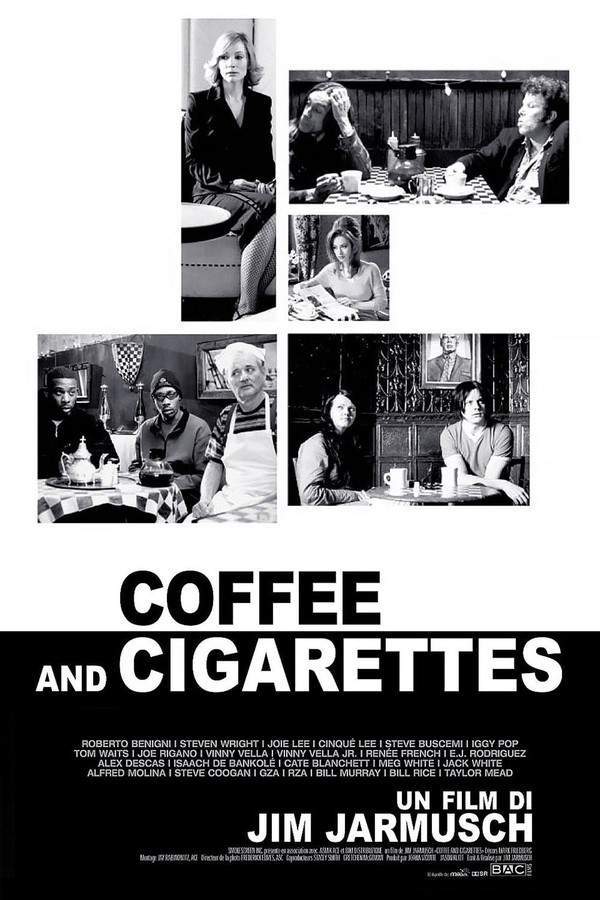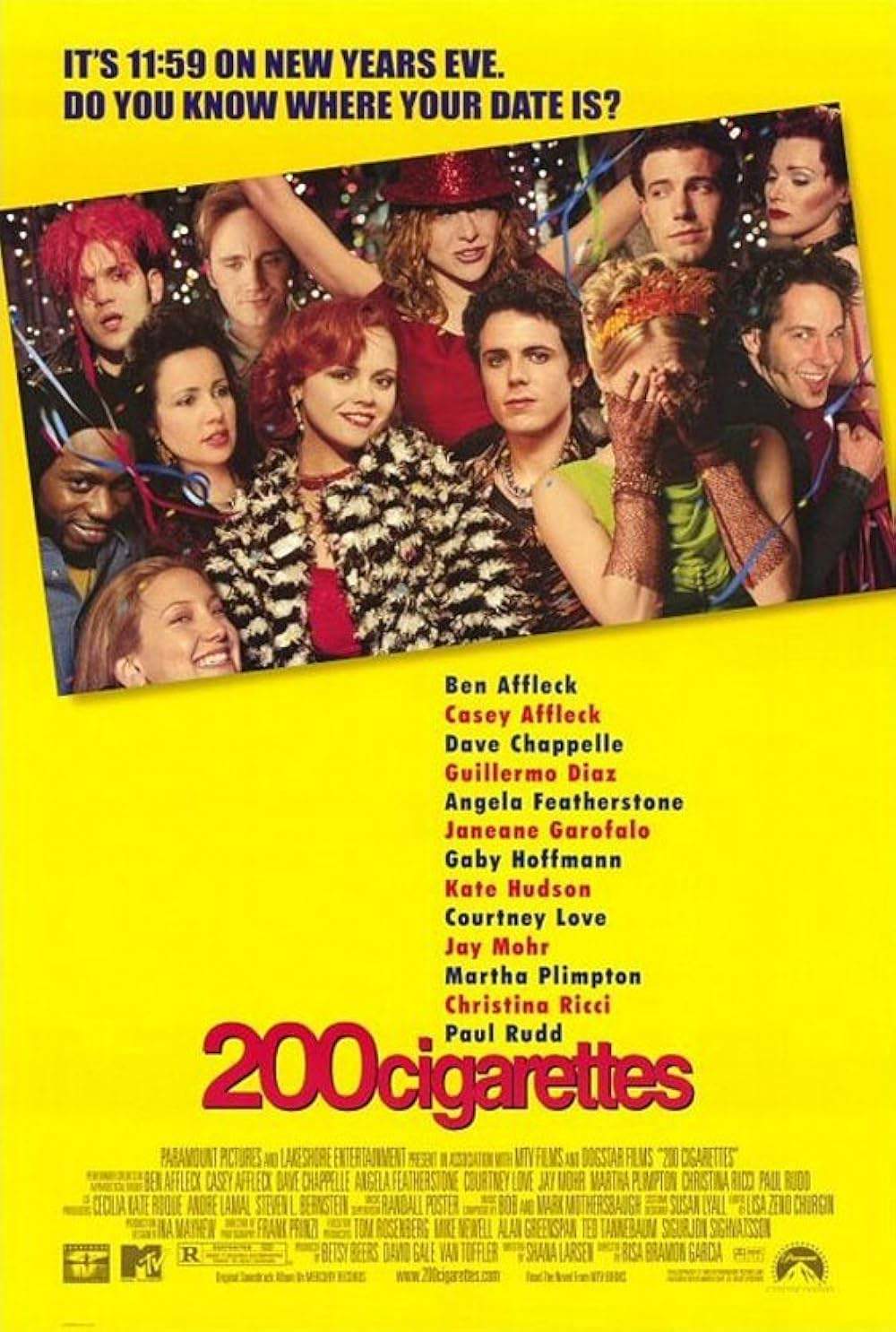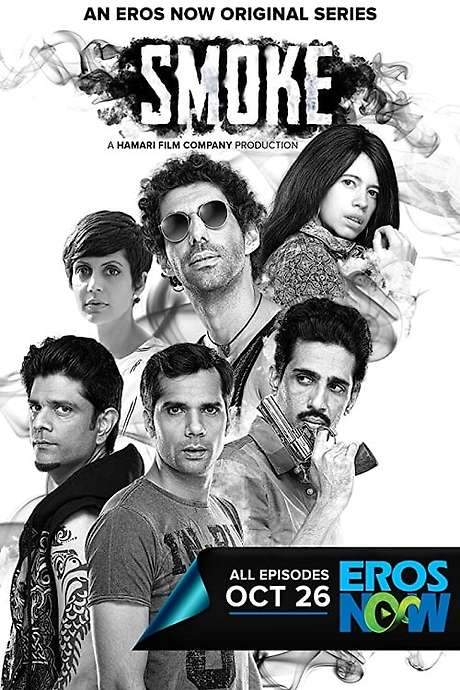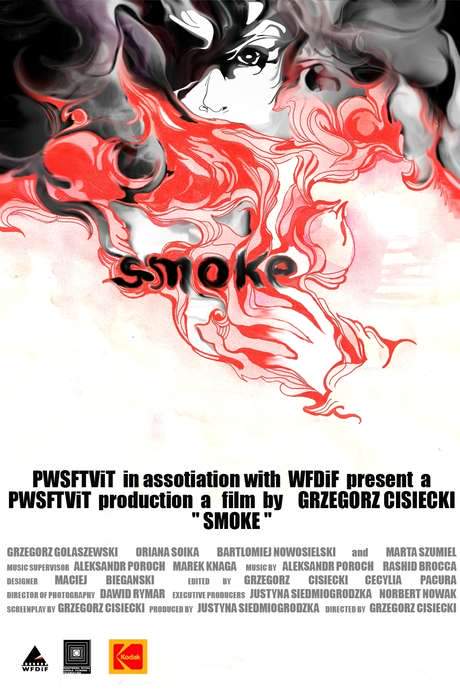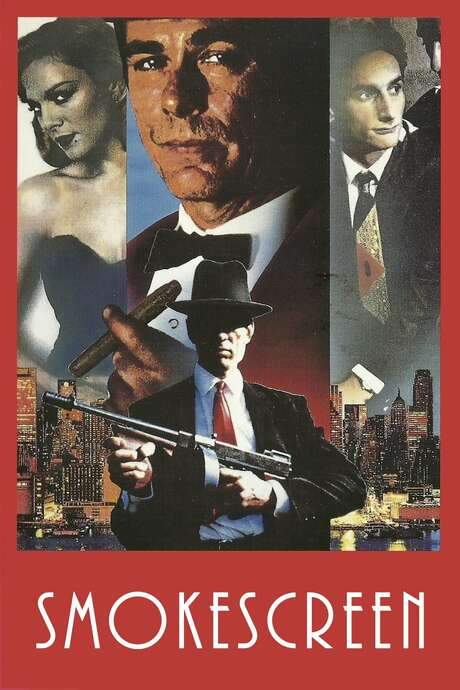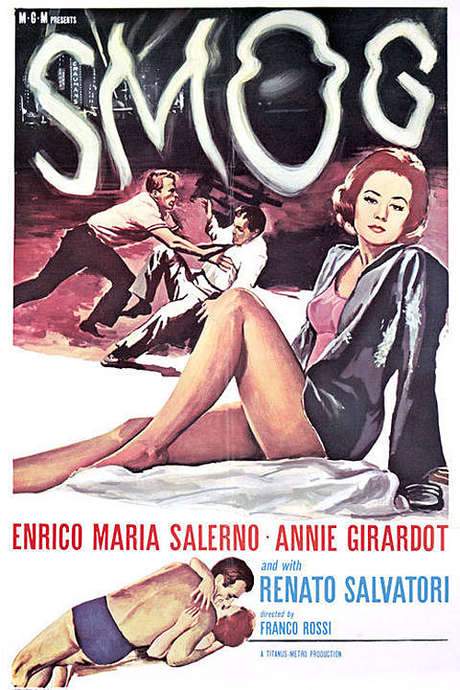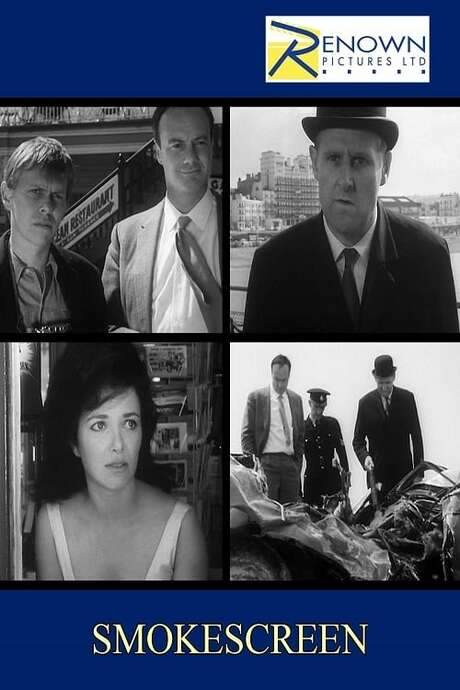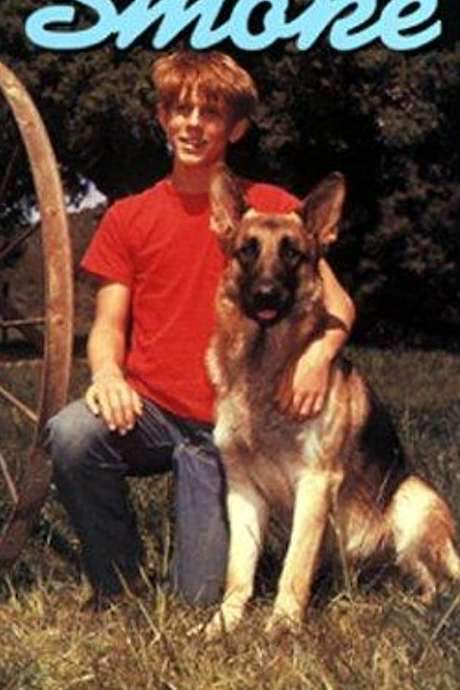
Smoke
Year: 1995
Runtime: 112 min
Language: English
Directors: Paul Auster, Wayne Wang
In New York City, the shared space of a cigar store becomes the unexpected meeting place for several individuals whose lives intertwine. Auggie, a man with entrepreneurial dreams, connects with a writer searching for inspiration, a father hoping for a fresh start, and a young man discovering himself. Their interactions are further complicated by the reappearance of an old flame, bringing news that has unforeseen consequences for everyone involved.
Warning: spoilers below!
Haven’t seen Smoke yet? This summary contains major spoilers. Bookmark the page, watch the movie, and come back for the full breakdown. If you're ready, scroll on and relive the story!
Smoke (1995) – Full Plot Summary & Ending Explained
Read the complete plot breakdown of Smoke (1995), including all key story events, major twists, and the ending explained in detail. Discover what really happened—and what it all means.
The film follows a web of lives tied together through a small Brooklyn tobacconist shop, a quiet hub run by [Auggie Wren]. Across the street, every morning at 8:00am, Auggie photographs the storefront and gathers the images into a growing set of albums, each frame capturing a distinct moment in time. The story threads together the lives of people who encounter Auggie, sometimes directly and sometimes through the reverberations of his art.
Paul Benjamin, a recently widowed writer, spends an evening with Auggie and initially brushes off the photographer’s project, insisting that the pictures are “all the same.” Auggie gently counters that their sameness belies a deeper variety, each image holding a unique instant in the flow of life. He asks Paul to slow down and notice more than the superficial, a request that lingers as Paul observes his wife’s image in one of the photographs and breaks down emotionally.
The story widens the lens when Paul narrowly escapes a truck on his stroll home the next day. Rashid, a young man from a troubled background, saves him, and Paul invites him to stay in his apartment as a gesture of gratitude. Rashid’s presence unsettles Paul, who finds the roommate’s habits noisy and disruptive, and finally asks him to leave. Rashid’s aunt arrives, revealing the truth of his name—Thomas—and his estrangement from his father, Cyrus Cole, with the added detail that his father has recently surfaced at a gas station outside the city.
Rashid tracks Cyrus down at the gas station and sketches him, only to find that his father doesn’t recognize him at first. Cyrus befriends the young man and hires him to help renovate the station. Rashid conceals his identity, presenting himself as Paul Benjamin. Cyrus, who wears an artificial arm after a car accident the story describes as fatal to his wife (Rashid’s mother), speaks of guilt and a moment when drunk driving changed both their lives. Rashid eventually leaves, carrying his secret with him.
Rashid returns later with a secondhand television as a gift for Paul, who tries to insist that he depart but ends up keeping him around longer. Paul then discovers almost $6,000 hidden in Rashid’s belongings and learns the money came from a life of crime Rashid had been trying to escape. Rashid explains that he took the money from robbers and is in hiding; Paul urges him to return it, and Rashid disappears again, leaving Paul to chase him to Cyrus’s gas station.
Cyrus finally learns that Rashid is his son and, after a painful initial rejection, the two men share a heartfelt reconciliation. Rashid is hired to work at Auggie’s shop, adding another layer to the circle of connections surrounding the tobacconist’s life.
Auggie pursues a risky venture: he imports a box of Cuban cigars intended for city officials, sinking $5,000 of his savings into the shipment. When Rashid is left to oversee the shop and fails to manage a leak, the cigars are damaged, and Rashid must return the money to save his job. He hands over the exact $5,000, and Auggie, though reluctant, accepts the repayment and the continuity of his supply line.
Ruby McNutt, Auggie’s ex-girlfriend, appears with a heavy request—she asks for money to support Felicity, a woman who is allegedly Felicity’s mother and who is pregnant and battling drugs. Auggie later provides the same $5,000 Rashid had given him, a sum he shares with Ruby and which she uses to cover Felicity’s rehab costs. Her question about whether Felicity is truly his daughter remains ambiguously answered, leaving a quiet ambiguity in Auggie’s personal life.
As the film progresses, Paul reveals that The New York Times has asked him to craft a Christmas Day article. Struck by writer’s block, he proposes a trade with Auggie: a lunch in exchange for Auggie telling him his best Christmas story. What follows is a tender tale about a Christmas spent with a blind grandmother who initially mistakes Auggie for her grandson and then pretends to be sure of the identity. After she falls asleep, he discovers stacks of stolen cameras in the bathroom and pockets one for himself. Weeks pass, and he comes to regret the theft; he intends to return the camera, only to learn that the grandmother has died, implying she had spent her last Christmas with him. Paul is touched by the candor of the story, though he wonders whether Auggie might have invented it.
The film closes with a stark, black-and-white enactment of Auggie’s Christmas tale, set to Tom Waits’s “Innocent When You Dream,” underscoring the emotional echoes of the characters’ choices and the quiet, interconnected lives they lead. The closing credits emphasize how a city’s mundane routines—business, memory, longing, guilt, and forgiveness—are folded into a shared human tapestry, where a small shop and a photographer’s habit ripple outward to touch many people in unexpected ways.
Notes of memory and meaning thread through the story, inviting viewers to ponder how a single daily ritual can become the catalyst for chance encounters, forgiveness, and the slow, stubborn rebuilding of ties between strangers who gradually become family. The film maintains a calm, observant tone, inviting empathy for each character’s fault lines and fragile hopes, while offering a humane portrait of how art, memory, and kinship can converge in a crowded urban life.
Last Updated: October 09, 2025 at 15:43
Explore Movie Threads
Discover curated groups of movies connected by mood, themes, and story style. Browse collections built around emotion, atmosphere, and narrative focus to easily find films that match what you feel like watching right now.
Movies with interconnected stories like Smoke
Stories where chance encounters change the lives of ordinary city dwellers.If you enjoyed the gentle, overlapping narratives in Smoke, you'll find similar movies here. These stories focus on multiple characters in a city, exploring how their lives unexpectedly intertwine through quiet, humanistic drama and moments of connection.
Narrative Summary
These films typically follow a multi-character structure, often starting with separate storylines that gradually converge. The plot is driven by coincidence and human interaction rather than high-stakes events, resulting in a mosaic of life that emphasizes how small moments create significant change.
Why These Movies?
Movies are grouped here for their shared focus on the interconnected lives of ordinary people in an urban environment. They have a gentle, observant pace, a bittersweet tone, and a narrative that finds profundity in the small, chance encounters of city life.
Movies about quiet redemption like Smoke
Character-driven stories about people seeking forgiveness and a fresh start.For viewers who appreciated the themes of forgiveness and fresh starts in Smoke, this section features similar character-driven dramas. These films explore quiet, emotional journeys of people dealing with loss and regret, seeking redemption through small, meaningful acts.
Narrative Summary
The narrative pattern involves a protagonist or group of characters burdened by a painful past—such as loss, addiction, or broken relationships. The story unfolds as they encounter someone or something that offers a chance for healing, focusing on emotional nuance and personal growth over plot-heavy action.
Why These Movies?
These films share a core thematic focus on redemption, forgiveness, and coping with grief. They possess a medium emotional weight, a contemplative mood, and a bittersweet sensibility that balances sadness with hope, making the emotional journey feel authentic and resonant.
Unlock the Full Story of Smoke
Don't stop at just watching — explore Smoke in full detail. From the complete plot summary and scene-by-scene timeline to character breakdowns, thematic analysis, and a deep dive into the ending — every page helps you truly understand what Smoke is all about. Plus, discover what's next after the movie.
Smoke Timeline
Track the full timeline of Smoke with every major event arranged chronologically. Perfect for decoding non-linear storytelling, flashbacks, or parallel narratives with a clear scene-by-scene breakdown.

Characters, Settings & Themes in Smoke
Discover the characters, locations, and core themes that shape Smoke. Get insights into symbolic elements, setting significance, and deeper narrative meaning — ideal for thematic analysis and movie breakdowns.

Smoke Spoiler-Free Summary
Get a quick, spoiler-free overview of Smoke that covers the main plot points and key details without revealing any major twists or spoilers. Perfect for those who want to know what to expect before diving in.

More About Smoke
Visit What's After the Movie to explore more about Smoke: box office results, cast and crew info, production details, post-credit scenes, and external links — all in one place for movie fans and researchers.

Similar Movies to Smoke
Discover movies like Smoke that share similar genres, themes, and storytelling elements. Whether you’re drawn to the atmosphere, character arcs, or plot structure, these curated recommendations will help you explore more films you’ll love.
Explore More About Movie Smoke
Smoke (1995) Scene-by-Scene Movie Timeline
Smoke (1995) Movie Characters, Themes & Settings
Smoke (1995) Spoiler-Free Summary & Key Flow
Movies Like Smoke – Similar Titles You’ll Enjoy
Smoke Signals (1998) Spoiler-Packed Plot Recap
Coffee and Cigarettes (2004) Ending Explained & Film Insights
200 Cigarettes (1999) Ending Explained & Film Insights
Smoking Tigers (2024) Movie Recap & Themes
Smoke (1000) Full Summary & Key Details
Smoke Signs (2006) Full Summary & Key Details
Smoke (2007) Detailed Story Recap
No Smoking (2007) Story Summary & Characters
Smokescreen (1988) Plot Summary & Ending Explained
Smoke Over London (1966) Plot Summary & Ending Explained
Smoke and Flesh (1968) Plot Summary & Ending Explained
Smoking / No Smoking (1993) Spoiler-Packed Plot Recap
Smog (1962) Complete Plot Breakdown
Smokescreen (1964) Full Movie Breakdown
Smoke (1970) Ending Explained & Film Insights

